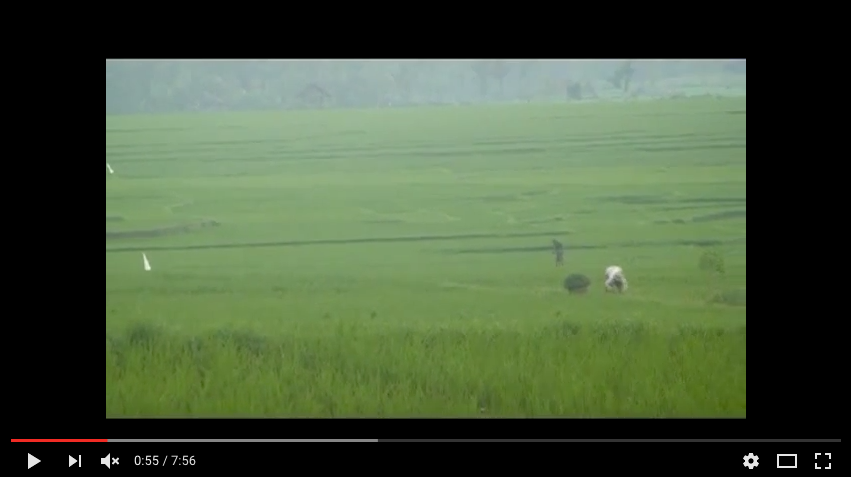Foreign investment, law and sustainable development: A handbook on agriculture and extractive industries
Foreign investment in agriculture and extractive industries is increasing pressures on land and natural resources. This handbook is about how to use law to make foreign investment work for sustainable development. It aims to provide a rigorous yet accessible analysis of the law regulating foreign investment in low and middle-income countries – what this law is, how it works, and how to use it most effectively.







